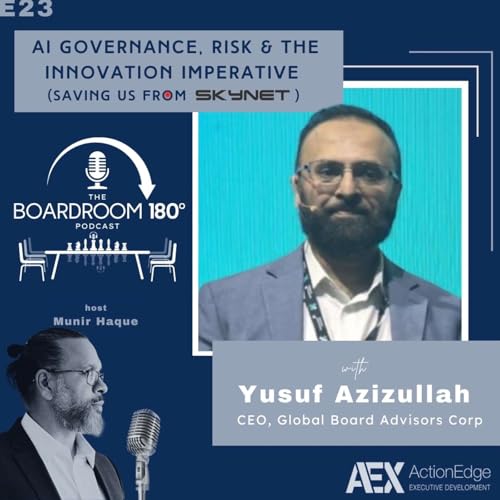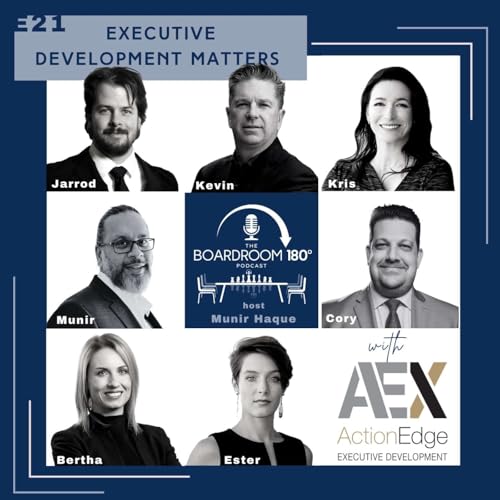In this episode, host Munir Haque sits down with Kirstine Stewart, an internationally recognized executive at the intersection of media, tech, and innovation. From transforming Canada’s public broadcaster to leading Twitter’s expansion across North America, Kirstine’s journey offers a masterclass in navigating disruption, driving change, and staying anchored in purpose.
The conversation traces Kirstine’s dynamic career—from overseeing brands like HGTV and National Geographic at Alliance Atlantis to modernizing CBC as head of TV, radio, and digital. She shares the behind-the-scenes realities of building Twitter Canada from the ground up, later stepping into a VP role across North America during a time of immense platform growth and scrutiny. Kirstine also reflects on her global work at the World Economic Forum, where she shaped the future of media, entertainment, and sport alongside industry giants like Facebook and Procter & Gamble.
With honesty and clarity, Kirstine unpacks what it means to lead through influence, why inclusive leadership is more than a buzzword, and how her board work with Blink 49 Studios and Ingenium reflects her values around storytelling, science, and Canadian identity. Whether you’re scaling a startup, building public trust, or navigating your own leadership chapter, Kirstine’s story is proof that real influence starts with clarity, courage, and conviction.
About the Guest
Kirstine Stewart is a globally respected leader across media, tech, and innovation. She was the founding head of Twitter Canada and later served as VP of Media for North America, helping shape the platform’s trajectory on a continental scale. At CBC, she spearheaded a bold transformation as head of TV, radio, and digital. Kirstine has also served as head of future media, entertainment, and sport at the World Economic Forum, working with global brands like Facebook, Global, and Procter & Gamble. Earlier in her career, she was SVP at Alliance Atlantis, overseeing a portfolio that included BBC Canada, National Geographic, and HGTV. A bestselling author of Our Turn, Kirstine is a passionate advocate for inclusive leadership and currently serves as board chair for Blink 49 Studios and Ingenium in Ottawa. She has been named to Canada’s Top 40 Under 40, Person of the Year, and one of the country’s most powerful businesspeople.
•••
Contact Munir Haque | Action Edge Executive Development
Website: AEEDNow.com
LinkedIn: Action Edge Executive Development Inc.
Contact Kirstine Stewart
LinkedIn: linkedin.com/in/kirstinestewart
Website: https://ourturn.vip | https://kirstinestewart.com/
Podcast Production
Recorded at Pushysix Studios.
Thanks for listening to Boardroom 180. Follow, rate, and share to help more leaders turn struggle into success.
 46 分
46 分 56 分
56 分 46 分
46 分 55 分
55 分 2025/06/0352 分
2025/06/0352 分 45 分
45 分 54 分
54 分 45 分
45 分
